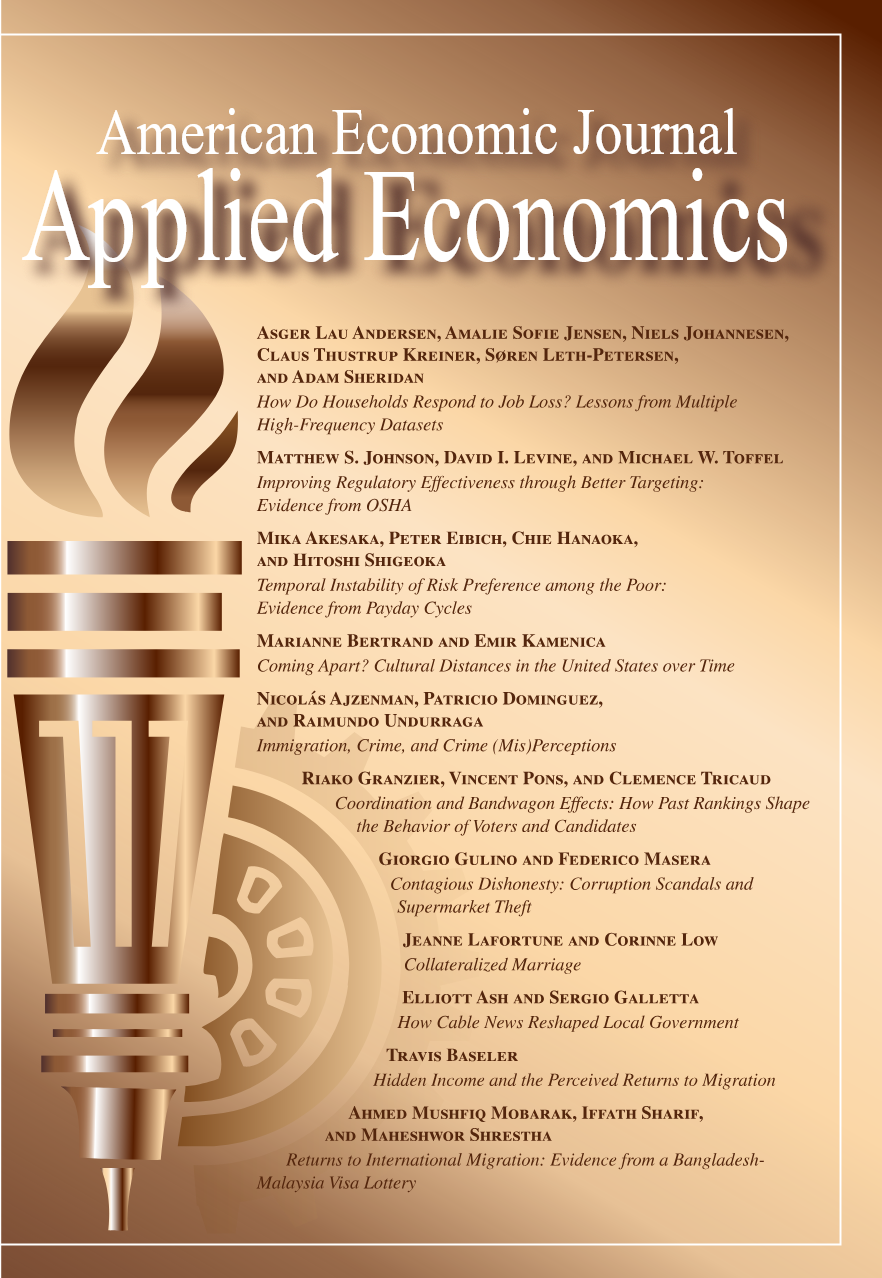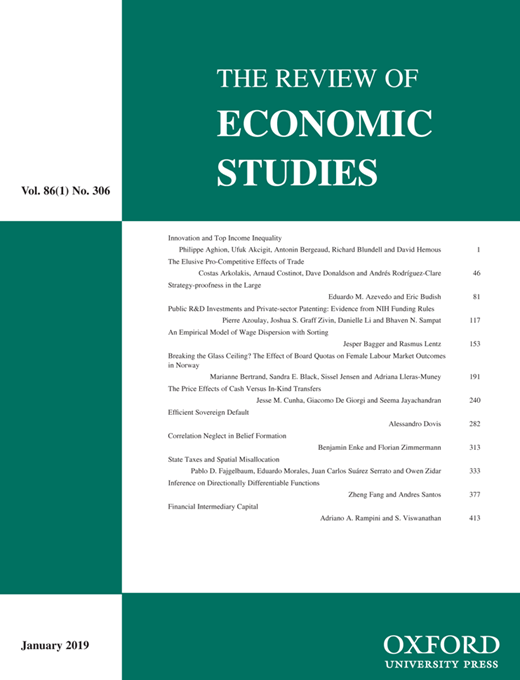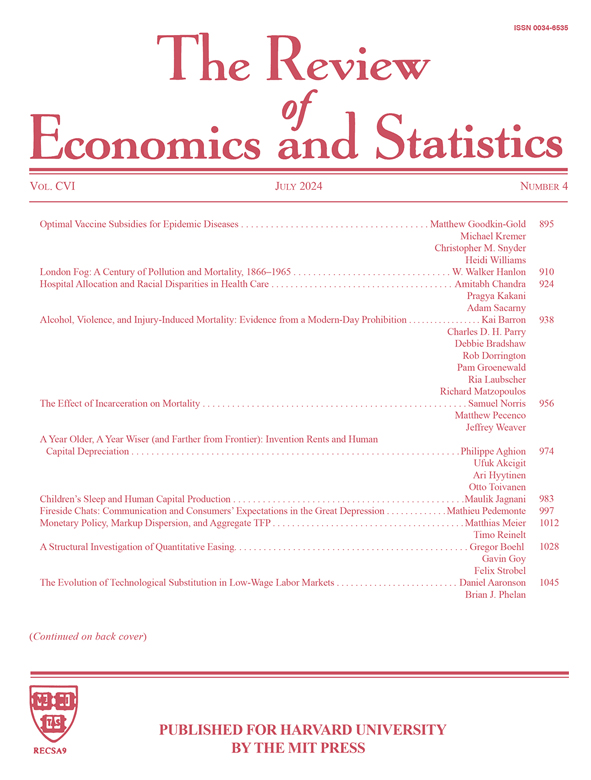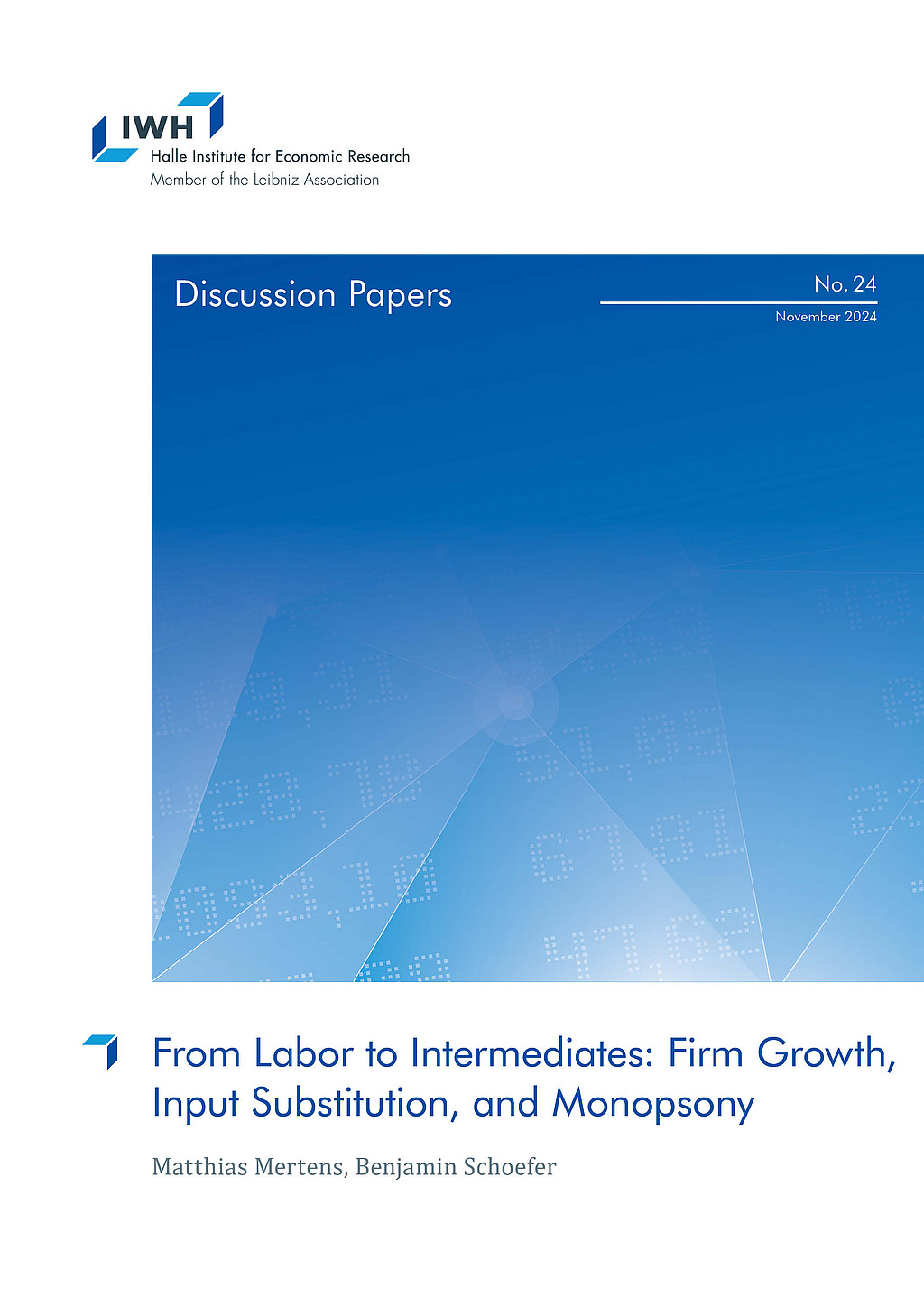Professor Benjamin Schoefer, Ph.D.

Aktuelle Position
seit 3/25
Research Fellow der Abteilung Strukturwandel und Produktivität
Leibniz-Institut für Wirtschaftsforschung Halle (IWH)
seit 7/22
Associate Professor
University of California, Berkeley
Forschungsschwerpunkte
- Makroökonomik
- Arbeitsmarktökonomik
- Corporate Finance
Benjamin Schoefer ist seit Mai 2022 Research Fellow am IWH. Seine Forschungsinteressen umfassen die Bereiche Makroökonomik, Arbeitsmarktökonomik sowie Corporate Finance.
Benjamin Schoefer unterrichtet im Department of Economics an der University of California, Berkeley. Er studierte und promovierte an der Harvard University.









